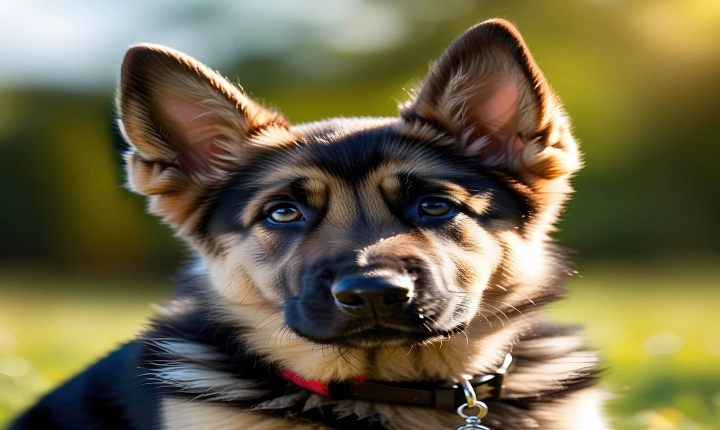Title: Can You Sell Your AI-Generated Art? Exploring the Legal and Ethical Considerations
In recent years, the rise of artificial intelligence (AI) has revolutionized the way we create and consume art. AI algorithms are now capable of generating stunning and unique pieces of art, leading to a growing interest in the potential commercial viability of AI-generated artwork. But can these digital creations be sold, and what legal and ethical considerations come into play?
The first question that arises is whether AI-generated art can be considered as intellectual property. In many jurisdictions, copyright laws protect original works of authorship, but they usually require the work to be created by a human. This raises a fundamental question: can an AI system be considered the creator or author of an artwork? The answer to this question is not straightforward and is currently a subject of debate and ongoing legal discussions.
In 2018, a controversy arose over an AI-generated portrait called “Edmond de Belamy” which was sold at auction for $432,500. The artwork was created by a Paris-based collective using a machine learning algorithm. This event sparked debates about the legal rights and ownership of AI-generated art. The prevailing opinion was that the copyright of the artwork belonged to the creators of the AI algorithm, rather than the AI itself. However, this viewpoint is not universally accepted, and the legal status of AI-generated art remains a gray area.
Another aspect to consider is the ethical implications of selling AI-generated art. Some argue that the sale of AI-generated artwork undermines the value of human creativity and diminishes the role of the artist as the sole creator of their work. On the other hand, proponents of AI-generated art argue that it represents a new form of creative collaboration between humans and machines, and should be celebrated as a unique expression of art in the digital age.
From a commercial perspective, the potential market for AI-generated art is growing rapidly, with a number of platforms and galleries showcasing and selling digital creations. This raises additional questions about the provenance, authenticity, and value of AI-generated artwork in comparison to traditional art forms. Buyers may be concerned about the uniqueness and originality of AI-generated pieces, as well as the potential for unauthorized reproduction and distribution.
As the debate over AI-generated art continues, it is clear that the legal and ethical considerations are complex and multifaceted. The intersection of artificial intelligence, creativity, and commerce presents new challenges that require thoughtful and nuanced approaches. It is essential for lawmakers, artists, collectors, and technologists to engage in meaningful dialogue to establish clear guidelines and standards for the creation, sale, and ownership of AI-generated art.
In conclusion, while the sale of AI-generated art presents exciting opportunities for innovation and expression, it also raises important questions about copyright, ownership, and ethical implications. As the technology continues to evolve, it is crucial to address these issues to ensure a fair and sustainable ecosystem for AI-generated artwork. The future of AI-generated art in the commercial market will ultimately depend on how these legal and ethical considerations are addressed and integrated into the broader dialogue around art and technology.
